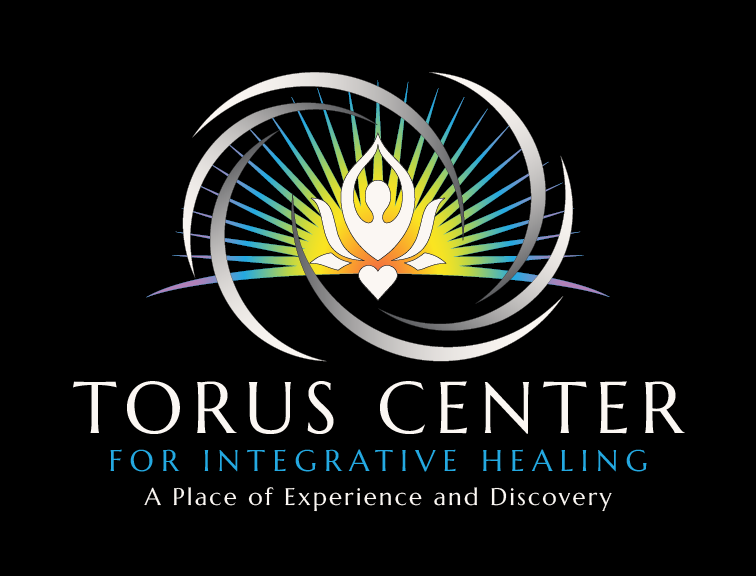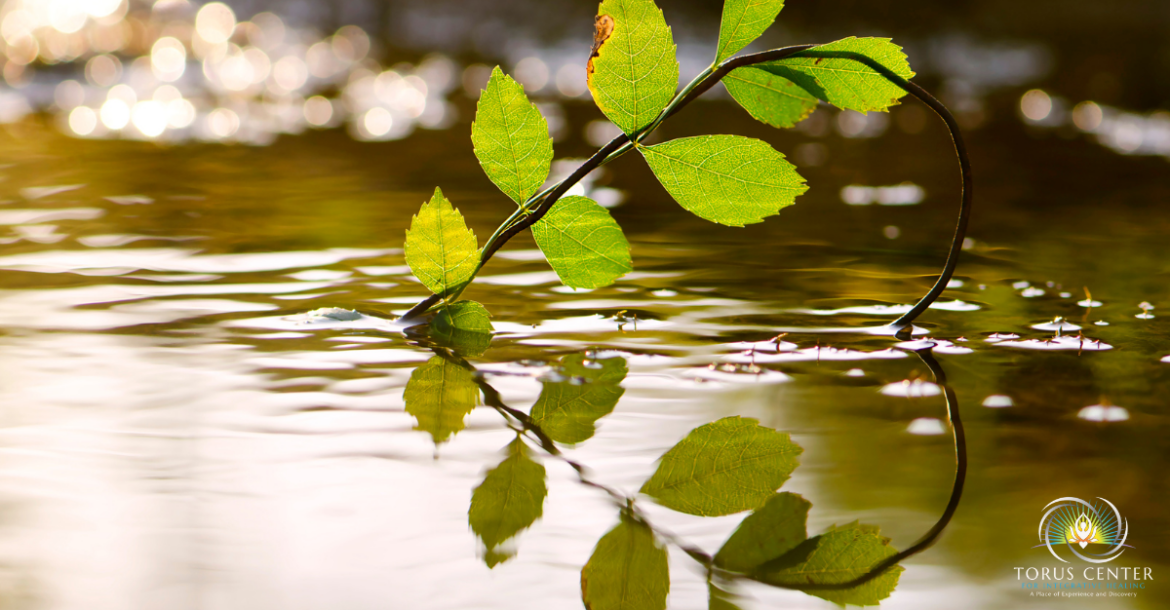As I heal, I become more sensitive to my emotions. One of the strongest emotions I’ve come to recognize is the deep sense of injustice—the feeling that the world, at times, can be profoundly unfair. This is why I chose to enter the field of social work. Even as a 12-year-old, I felt the weight of the injustices surrounding me. Even then, I knew I had to do something—to become a part of something that would create more love in the world.
Yet today, it feels more difficult than ever. The suffering I witness, especially the suffering of those around me who are dying—often from struggles beyond their control—is heartbreaking. It’s not always self-inflicted suffering. Here is where the real issue lies. We judge others for their circumstances, assuming they are responsible for their pain. But how many of us take the time to look beyond what we see on the surface? How many of us try to understand what lies beneath?
We live in a world where judgment comes easily. We may feel a twisted sense of power when others have less than us. But why do we judge? Is it because it makes us feel superior or more in control? And how many of us ever stop and consider the life experiences that shape each person—the unique circumstances leading them to where they are today?
I have also found myself guilty of this. Judging those who have more than me—those with wealth, material possessions, and egos that seem inflated. But the truth is, the shoe can always be worn on the other foot. None of us are saints, and we’ve all experienced life events that have shaped our beliefs, hearts, and minds. These beliefs often come from generations of experiences, passed down and imprinted on us.
We all Carry the Scars of Trauma
Some of us have more resilience, community, support, and strength. But no one is immune. Trauma shapes how we treat others, how we judge them, how we show respect, and how much empathy we have. Our dissociation from our pain often makes us unaware of the suffering of others.
This disconnection from our pain has created a pandemic of invulnerability. We are afraid to show who we are, to open up and be seen, so we keep ourselves locked away. Leading to loneliness, selfishness, victimization, greed, intolerance, shame, and ego-driven lives.
Vulnerability is the Key to Understanding
It allows us to see into one another’s hearts, fostering grace, compassion, and trust. It helps us recognize our fellow human beings as people, not just strangers in our way. Vulnerability reduces fear of the other, creating more openness and connection.
I know we cannot heal the world overnight or perhaps ever fully make it peaceful. Power will always be desired by some. But for the sake of humanity, we must try. People are suffering silently, feeling isolated, with nowhere to turn where they can feel accepted and loved for who they are.
My hope is by becoming more aware of others’ pain and building empathy around suffering, we can start to make a difference. We would see fewer suicides, fewer struggles with addiction, and better mental health overall. We would see stronger communities.
The simple truth is this: Do unto your neighbor as you would have done unto you. In a world so divided, it would be beautiful to see that we can embrace our differences, maintain our boundaries, and still support and care for one another. Every person is worthy. Every single one of us.
This blog speaks to the importance of empathy, community, and understanding in a world often riddled with injustice. It calls for greater awareness of how we treat others and how our vulnerability can be a source of strength in creating a more compassionate world.
Torus believes in community paired with our individual healing, as it leads to collective healing. Learn more about opportunities for community here and to learn more about individual work, visit our Therapy site here.

